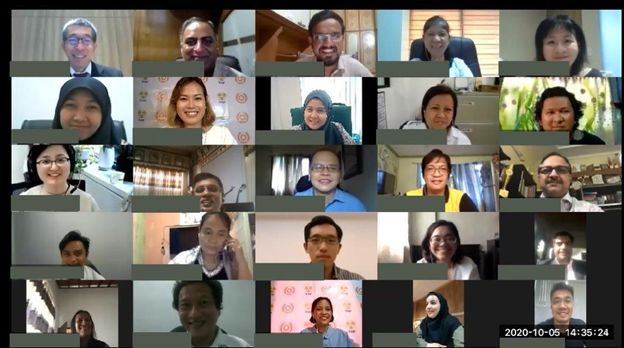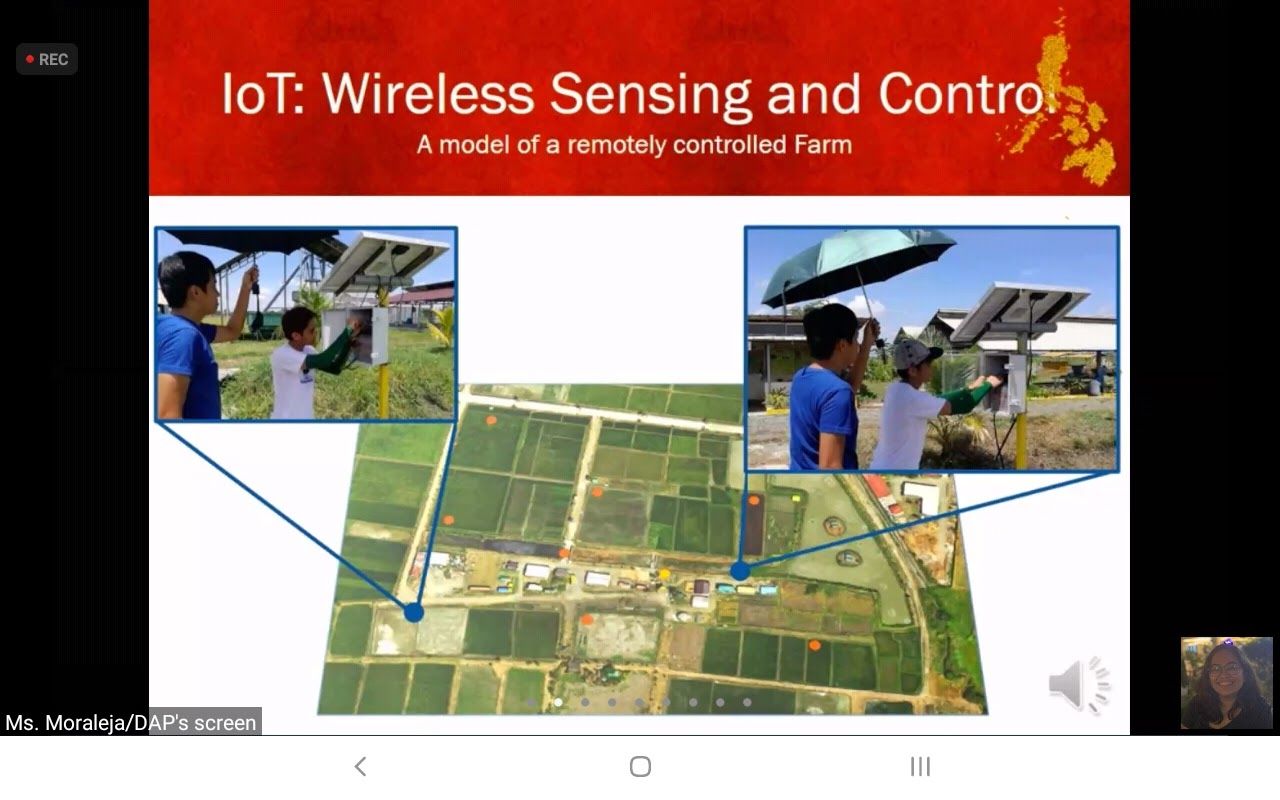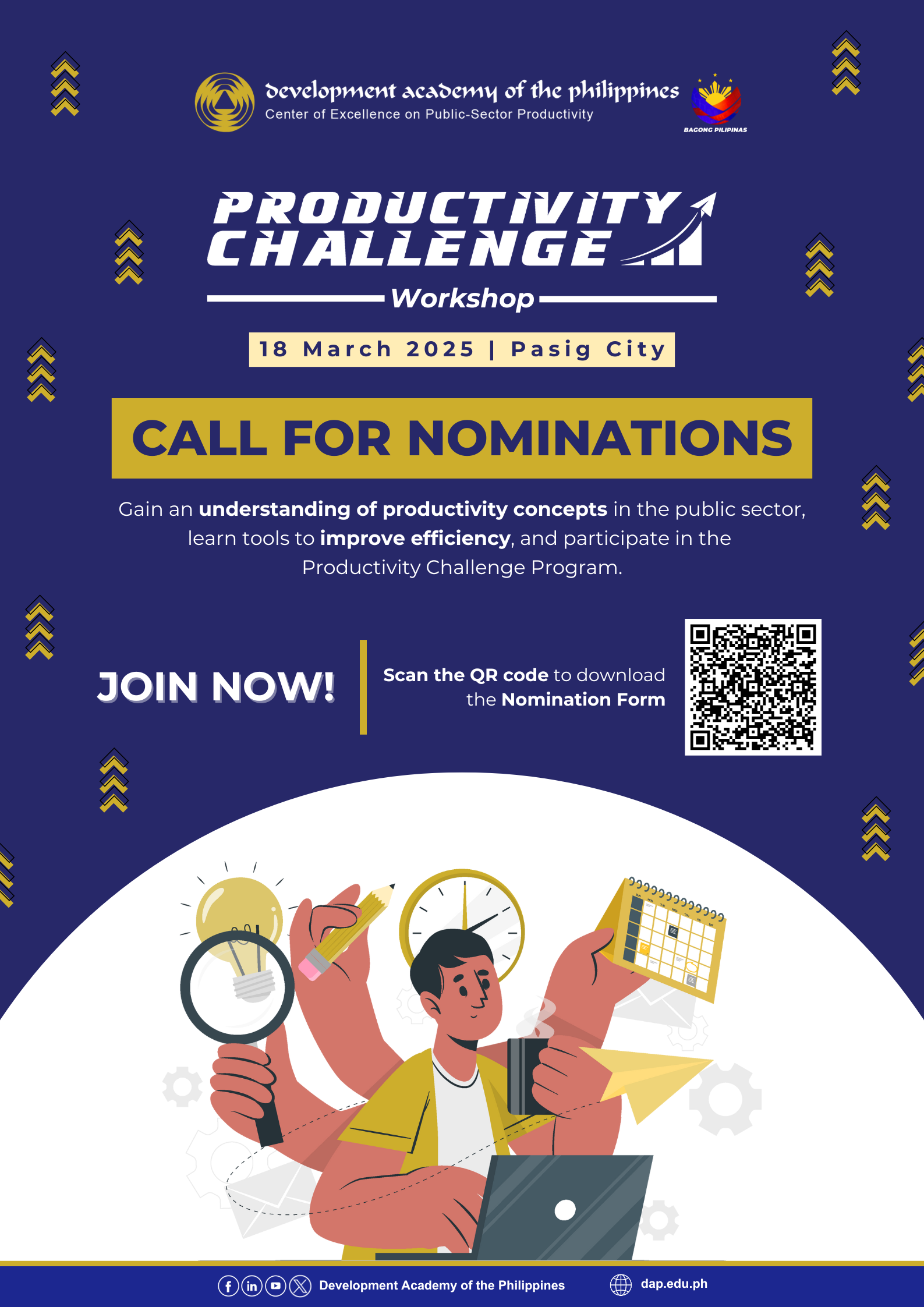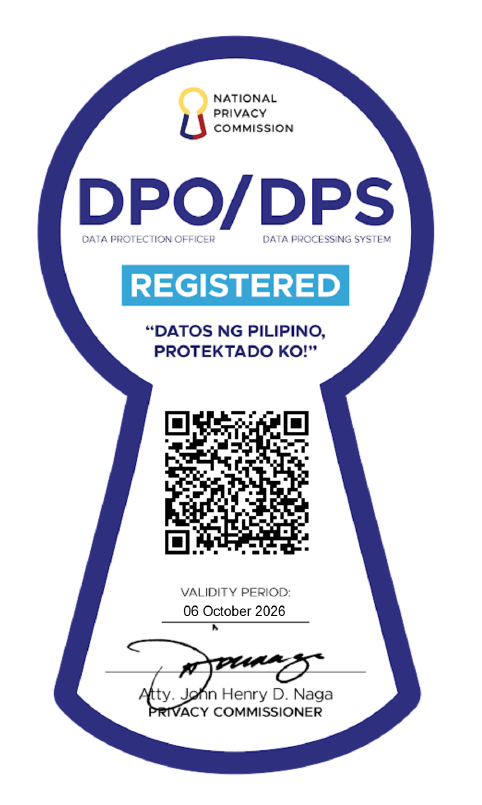
The APO Tokyo Secretariat, along with the DAP Project Team and the participants, pose for the first online conduct of the “Workshop on Agricultural Transformation for Food Security” via online platform last 5 October 2020. (Photo from APO Facebook Page)
The Development Academy of the Philippines (DAP), through its Productivity and Development Center, together with the Asian Productivity Organization (APO), gathered some 20 representatives from 10 APO member countries for the first digital multi-country project entitled, “Workshop on Agricultural Transformation for Food Security” on October 5-7 2020.
The presentations and workshop outputs of the three-day session aimed to enhance the participants’ understanding of the role of agricultural transformation in improving food and nutritional security, identify drivers of agricultural transformation and possible policy options for APO member countries, determine the role of the public and private sectors in agricultural transformation, and share successful cases of agricultural transformation.
DAP President and Chief Executive Officer Engelbert C. Caronan Jr., in his welcome remarks, emphasized the significance of initiating innovations such as agricultural transformation in achieving the long-standing challenge of food security. “Future thinking has shifted our focus to our need for agricultural transformation to stir our agri-food systems into a more responsive strategic direction, through sound policy formulation and implementation, and long-term initiatives that will meet the sector’s stakeholders’ needs during normal and crisis scenarios,” he said.
“Make food security as a social and public debate,” said Mr. Vijay Sardana, a techno-legal and risk management expert from India, as he imparted this statement to the participants during his presentation about the interventions required to address food security, the emerging issues and challenges brought by the current health crisis, and the long-term challenges brought by climate change. He also underscored the importance of the role of the private sector in the agricultural transformation.
Meanwhile, Dr. Hyojung Lee, a research fellow at the Korea Rural Economic Institute discussed the role of the government, the private sector, and all its citizens as the drivers of agricultural transformation, on the second day of the workshop. She also shared a case study of a public-private partnership between Korea International Cooperation Agency and CJ Cheil Jedang, which built the capability of local Vietnamese farmers to cultivate high-value crops and utilized agriculture technology.
Dr. Leocadio S. Sebastian, the special adviser of the Department of Agriculture for Food Security and Agricultural Innovation supported Dr. Lee’s presentation on the role of the private sector saying, “In order to improve the income of the farmers, we have to link them to the value
chain to complete the transformation process.” He emphasized that Climate-Smart Agriculture is not about practices and technologies alone, but outcomes. These outcomes, he said, are productivity, adaptation, and mitigation, which will all contribute to the goal of national food security.
 A model of a remotely controlled farm is shown during the “virtual tour” of the PhilRice’s best practices in implementing technologies in the agriculture sector.
A model of a remotely controlled farm is shown during the “virtual tour” of the PhilRice’s best practices in implementing technologies in the agriculture sector.
On the last day of the workshop, the participants were treated to a “virtual tour” of the Philippine Rice Research Institute (PhilRice) led by its Supervising Science Research Specialist Dr. Jasper Tallada. The tour highlighted some of PhilRice’s best practices in implementing technologies in the agriculture sector through the use of different mobile applications that monitor the level of fertilization, the amount of nutrient requirement of plants, and other farm activities. The utilization of technology such as drones for aerial mapping, ground monitoring, and the Insect Recognition and Analysis Network were also shown to the participants.
The representatives from Bangladesh, Indonesia, Islamic Republic of Iran, Malaysia, Pakistan, Philippines, Republic of China, Sri Lanka, Thailand, and Vietnam had various exercises and shared their respective countries’ issues, opportunities, and challenges, as well as, learnings from the workshop which they may later implement.
The DAP seeks to empower leaders, strengthen institutions, and build the nation through pioneering, value – adding, synergistic ideas, concepts, principles, techniques, and technologies addressing development problems of local, national, and international significance. DAP – PDC offers capability building, technical assistance, and research related to productivity and quality improvement. For more information, visit www.dap.edu.ph, email pdc.pdro@dap.edu.ph or call 0977- 826 – 3077.
XXX




